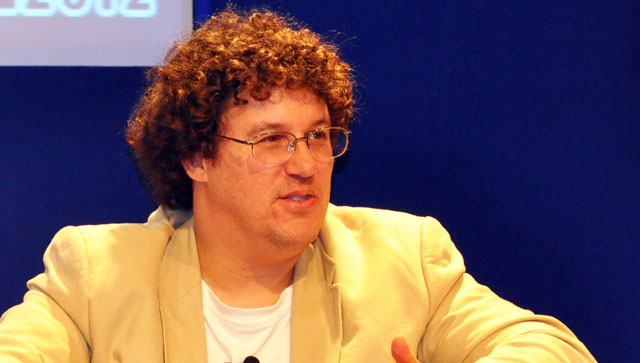
Local-loop unbundling, the regulatory intervention whereby third parties get access to Telkom’s physical infrastructure, is often regarded as the best solution for reducing broadband prices and growing penetration. But one Internet service provider has argued that simply unbundling digital subscriber line (DSL) rental from basic line rental would also have a big impact.
This is often known as naked DSL and has been actively lobbied for in the recent past, including by big-name players like MWeb.
Cybersmart CEO Laurie Fialkov says that although local-loop unbundling is important for lower prices and driving greater competition, other steps can be taken to help small operators be more effective.
Telkom uses the cost of a voice line to subsidise the cost of the DSL line, Fialkov says. “The model is short-sighted,” he says, explaining that it’s difficult to sell fixed-line broadband services when a basic phone line, which is often unwanted, is mandatory and when there are mobile data packages like 8ta’s 10GB for R199/month offerings in the market. 8ta is a division of Telkom.
“People are very reluctant to take a service when they don’t want part of it. People want DSL but not necessarily the voice line,” Fialkov says. He adds that small players like Cybersmart are also unable to bundle their own voice products because Telkom’s voice service is already bundled in the package.
TelkomInternet also offers new DSL subscribers three months of free uncapped DSL. Fialkov says this is only possible because Telkom is still generating revenue from the accompanying voice line during those first three months.
“If we were to provide a similar service, we would have to subsidise the telephone,” Fialkov says. “We want to see the telephone cost taken off the DSL cost.”
Steven White, Telkom’s executive for converged business services, says that the access-line deficit – the assertion by Telkom that it loses money on each line in service – is a real problem for the operator and that this is part of the motivation for bundling voice and data lines.
“DSL needs to live on the copper and the cost of that copper has to be recovered,” says White. He says that if Telkom were to allow users to take data lines without the accompanying voice, the company would have to push up the cost of the DSL service. The result, he says, would be customers paying the same, but without a dial-tone. “They’d be paying the same but getting less service.”
According to White, local-loop unbundling may not offer the “practicality” service providers most need. He says many are reluctant to add the administrative burden that access to Telkom’s copper network could bring and various models must be considered.
White says Telkom views the three-month introductory offer as a customer acquisition and retention cost. He says the company’s retail division has to purchase from its wholesale arm like any other company. — (c) 2012 NewsCentral Media




